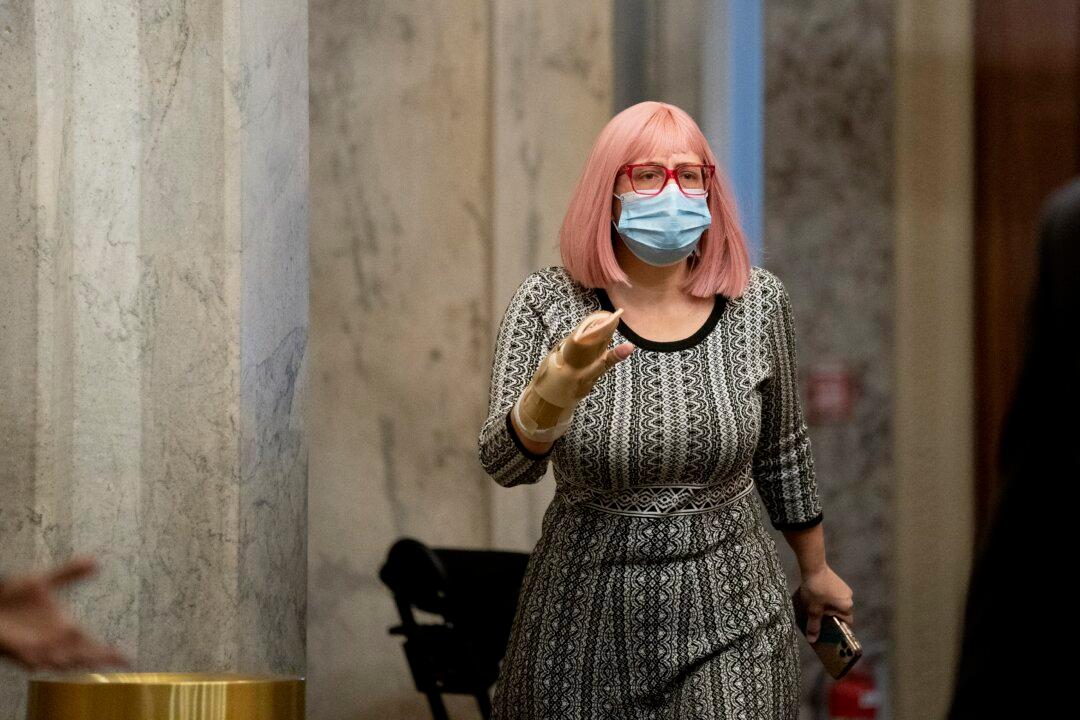One of the few Senate Democrats against eliminating the filibuster said this week that she feels lawmakers should change their behavior instead of changing the body’s rules.
“When you have a place that’s broken and not working, and many would say that’s the Senate today, I don’t think the solution is to erode the rules,” Sen. Kyrsten Sinema (D-Ariz.) told The Wall Street Journal.





